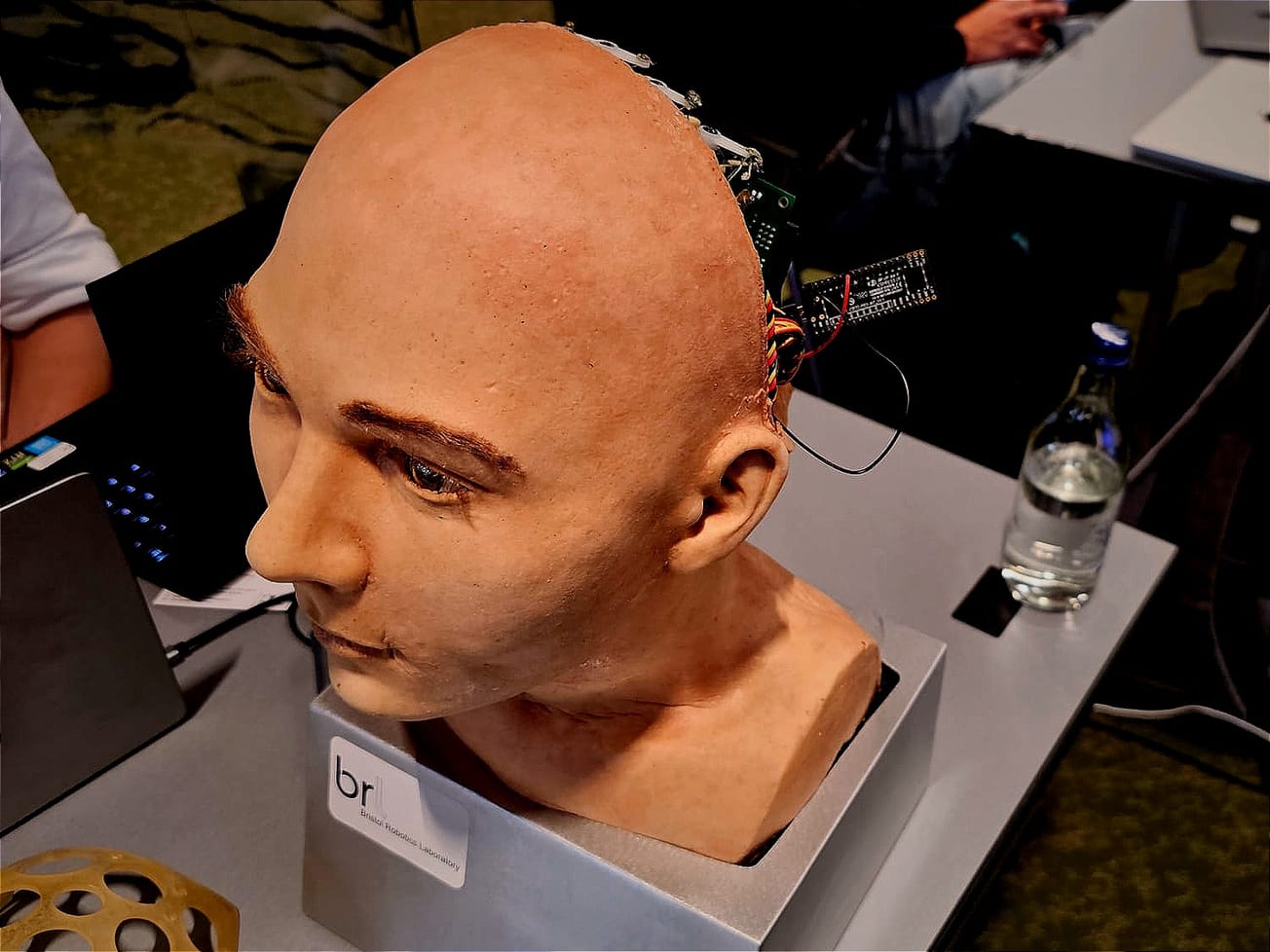The U.N. chief warned a panel of diplomats that "cyber mercenaries" are flourishing amid the growing misuse and weaponization of digital tools.
At a U.N. Security Council debate on Thursday, U.N. Secretary General António Guterres observed that "serious cybersecurity incidents are disturbingly common" as digital technologies advance at warp speed.








